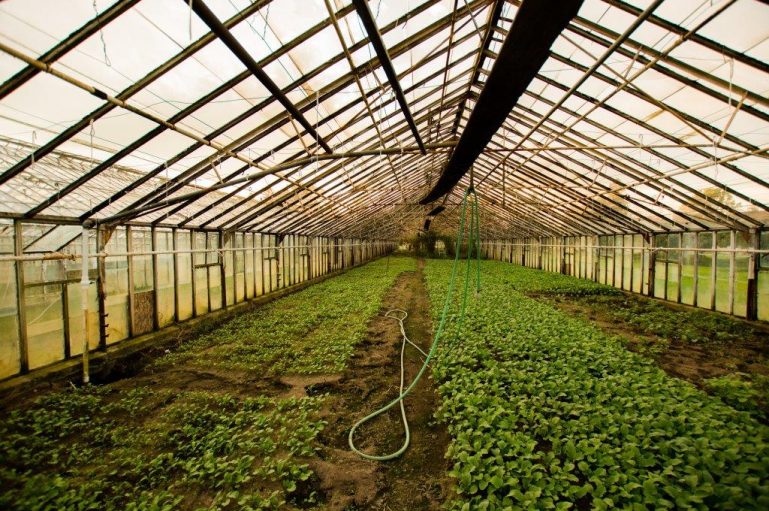

“The purpose of pruning is to improve the quality of the roses, not to hurt the bush” (Florence Littauer) Pruning involves the selective removal of “diseased, damaged, dead, non-productive, structurally unsound or otherwise unwanted plant material from crop and landscape plants” (Wikipedia). Some horticulturalists call the categories “The 4 D’s: diseased, dead, damaged and deranged”….









